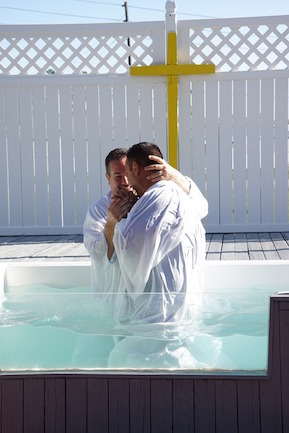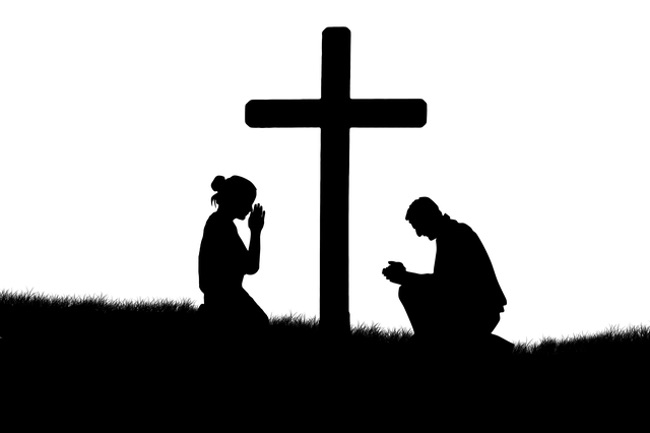GOD DOESN’T ACCEPT US AS WE ARE by Adriel Sanchez for Core Christianity
What do you rely upon so that God will accept you? In the Old Testament, God instituted a system of worship through which his people could draw near to him. Central to this system was the ritual of sacrifices. The Israelite worshipper would draw near to God with an animal he or she had handpicked from home (Lev. 1:1–2).
The animal had to be without blemish (Lev. 1:3), a word often used in the Old Testament to describe the prerequisite for dwelling in God’s presence (Ps. 15:2). The picture was clear, the blameless animal would be a substitute for the worshipper. Through the animal, the worshipper ascended to God symbolically in the rising smoke of its burnt carcass, a pleasant aroma to Yahweh (Lev. 1:8–9).
How do we know the worshipper was identified with the animal? During the ritual ceremony, at one point the worshipper would place their hand on the head of the animal. “He shall lay his hand on the head of the burnt offering, and it shall be accepted for him to make atonement for him” (Lev. 1:4).
Support Our Site

Now is your chance to support Gospel News Network.
We love helping others and believe that’s one of the reasons we are chosen as Ambassadors of the Kingdom, to serve God’s children. We look to the Greatest Commandment as our Powering force.
The Hebrew word “lay” signifies more of a leaning than it does a gentle touch. The worshipper pressed down on the animal, supporting himself with it in the same way an elderly man might support himself with a cane. The worshipper was, in effect saying, “I, the imperfect one, the sinner, approach God leaning on this blameless sacrifice.”
Every time an Israelite brought forward a burnt offering, they were reminded of God’s requirement of perfection. They had to inspect the animal from their herd prior to presenting it to the priest, ensuring that it would meet the sacrificial criteria. The priests too would make sure the animal was fit, and if they didn’t, God would punish them (Mal. 1:7ff.).
Imagine the stress of this scrutiny! When the inspection was complete, the Israelite worshipper could approach God through the blameless animal, and atonement would be made on his behalf.
Our approach to God today looks a lot different, but it’s still rooted in the ritual of sacrifice. We don’t offer bulls and goats on an altar in order to draw near to God, but that’s because we have a better sacrifice that has already been accomplished.




